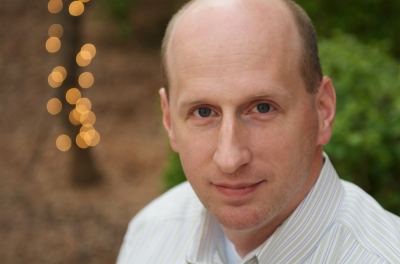A President's Cultural Influence Is Profoundly Limited

Jim Geraghty asks a great question: "If you want to change American culture, should you be running for president?" With two new candidates, Ben Carson and Mike Huckabee, both talking culture change, it's definitely worth asking whether that's a proper or realistic goal for a politician, even one with a bully pulpit as powerful as the president's. Here's my best answer: If your primary goal is culture change — especially in America's most vulnerable communities — you should probably do something else with your time. A president's cultural influence is profoundly limited. In fact, the very nature of our partisan political culture may even render it less likely that a conservative president can influence the constituencies most in need of positive change.
Presidents are held up as role models typically for those who already agree with their cultural values. For those on the other side, an entire political and cultural engine works overtime — spending billions of dollars — to turn the president into a literal hate object, an object of cultural derision. Ben Carson — a very good man with one of the most compelling life stories of any recent presidential candidate — may ironically end up having less cultural influence in the African-American community as a result of running for president as a Republican. Mike Huckabee is a Baptist pastor and one of the best pure communicators in the Republican field, but is there a good argument that he'll be able to reach those communities most impacted by fatherlessness and abortion, transforming hearts and minds? In reality, those communities represent the base of the Democratic Party and are most likely to tune out candidate Huckabee or president Huckabee as one of "them" — an enemy.
That's not to say that culture change isn't possible, but it's a long-term and often unpredictable byproduct of policy changes. Let's suppose a president Huckabee succeeds in replacing the current income and payroll tax system with the FairTax. American culture would almost certainly change as citizens responded to new — and powerful — financial incentives. Some of these changes we can predict, but many of them would certainly surprise even the most forward-thinking policy wonk. Human civilization is extraordinarily complex, and we simply can't predict how changes in even one variable will play out through the whole system. Even when it comes to reforming a welfare system that has been one of the most culturally destructive forces in American life, politicians should approach with great humility any claim that policy changes by themselves will increase marriage rates, increase productivity, or decrease abortion. We should reform the welfare system, but we should also treat with suspicion any sweeping cultural claims or aspirations.
I tend to think that except in the rarest of cases, individuals — even most famous actors, writers, and musicians — are culturally meaningless on the large scale but culturally vital in the small scale. The true business of culture change takes place not in Washington — not even from the bully pulpit of the presidency — but at home around the dinner table, or in the streets with friends, or in the hours at school with teachers who care (or don't.) We influence and are influenced. We change local cultures, and we're changed by our cultures. And virtually no one — if they reflect honestly on their life's story — would say that a president was more important than friends or family in shaping who they are and what they believe. Culture change, when or if it occurs, will occur largely because of an individual's deeply-felt need for a better way, combined with the faithful, patient presence of individuals in their lives and communities who walk a different — and better — path.
This column was originally publilshed at National Review.



























